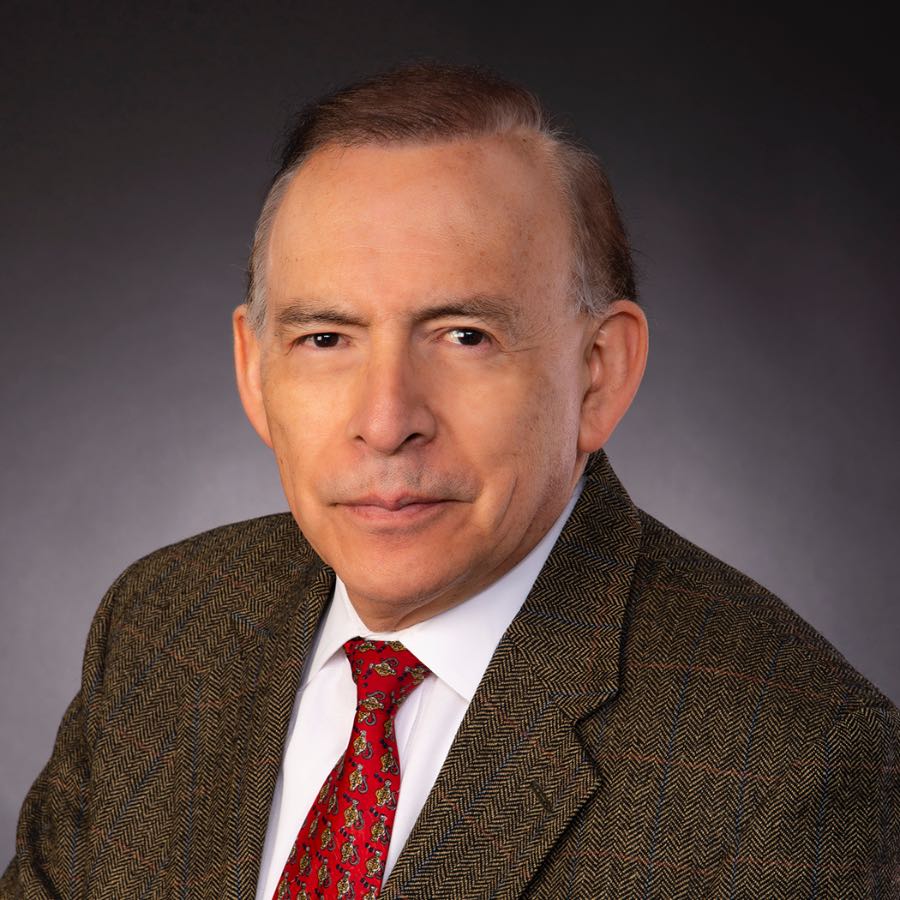In an era characterized by pronounced economic disparities, the urgency to address the wealth gap has reached an unprecedented level. This multifaceted issue extends beyond mere numbers; it embodies a profound ethical conundrum that reflects societal values, governance structures, and individual responsibilities. The Baha’i teachings offer a comprehensive framework that seeks to transcend these superficial economic discrepancies through the lens of spiritual principles and collective action. In contemplating the insights of Augusto Lopez-Claros, an esteemed economist and lecturer, we are invited to explore the intersection of economic justice and Baha’i philosophy.
The concept of economic inequality has crystallized into a pressing global concern, often provoking impassioned debates among policymakers, academics, and laypersons alike. It is a lamentable reality that, despite significant advancements in economic systems, wealth distribution remains notably inequitable. Within this discourse, Baha’i teachings provide an illuminating perspective, positing that the root of such disparities is not merely economic but also deeply embedded in human attitudes and social constructs.
At its core, the Baha’i faith emphasizes the oneness of humanity. This tenet challenges individuals to recognize their inherent interconnectedness, which should inform their approach to wealth and material resources. Baha’i philosophy advocates for a paradigm shift wherein economic prosperity is not a zero-sum game but rather an opportunity for communal flourishing. This idea is particularly resonant when addressing issues of poverty and inequality, as it compellingly argues for the equitable distribution of resources as a moral imperative.
Augusto Lopez-Claros, in his numerous discussions, delves into the nuances surrounding the wealth gap and the systemic changes required to address it. His insights reiterate the necessity of redefining productivity and success; it is not merely about individual gains but about the collective upliftment of society. The Baha’i teachings dovetail with this assertion by promoting the concept of “service to humanity” as a paramount objective. This service-driven approach engenders a sense of responsibility towards alleviating the struggles faced by the disadvantaged, creating a culture of empathy and altruism.
A central tenet of Baha’i economics is the principle of moderation in wealth. The teachings advocate for an equitable approach to wealth accumulation, wherein individuals are encouraged to strive for material comfort without succumbing to excess. This principle urges us to reassess our priorities and to recognize that excessive wealth can lead to moral degradation, ultimately contradicting the very essence of spiritual progress. Lopez-Claros echoes this sentiment, suggesting that an overemphasis on material wealth often results in societal harm and a perpetuation of the wealth gap.
Moreover, the Baha’i approach emphasizes the role of education in mitigating economic disparity. Education is viewed not solely as a means of personal advancement, but as a collective asset that empowers communities and fosters social equity. The teachings advocate for an educational system that is accessible to all, regardless of socio-economic status. Lopez-Claros elucidates the transformative power of education, underscoring its capacity to equip individuals with the necessary tools to break the cycle of poverty. By investing in the educational development of underprivileged populations, society can forge a path toward greater equality and shared prosperity.
Another aspect of addressing the wealth gap, as highlighted in Baha’i writings, is the promotion of cooperative economic models. These models transform the very fabric of economic interaction, highlighting collaboration over competition. This is fundamentally aligned with the principles of consultation and unity that permeate Baha’i teachings. By prioritizing inclusivity and mutual support, cooperative ventures enable communities to work together to establish sustainable economic systems. Lopez-Claros’ perspectives on fostering these collaborative practices resonate profoundly, reinforcing the idea that true progress comes from an interdependent societal framework.
In addition to these principles, the Baha’i teachings warn against an overly materialistic worldview. The pursuit of wealth for its own sake often leads to moral decay and estrangement from spiritual objectives. Baha’is are encouraged to cultivate gratitude and humility in relation to material possessions. This ethos posits that a healthy relationship with wealth can only be achieved through understanding its transient nature and the moral imperative to use it judiciously in service to others. Lopez-Claros’ dialog on sustainable economic practices aligns with this ethos, advocating for a shift from short-term gains to long-term, ethical investments that benefit broader society.
Ultimately, the wealth gap is not merely an issue to be remedied through fiscal policy or economic reform; it is a reflection of the prevailing human values and collective conscience. The Baha’i teachings offer a transformative roadmap that integrates spiritual principles with practical economic strategies. In this paradigm, economic justice becomes synonymous with spiritual development and societal well-being. The conversation with Augusto Lopez-Claros serves as a catalyst for deeper reflections on our roles as global citizens, challenging us to reimagine our relationship with wealth and the systems that govern it.
As we navigate the complexities of modern economic realities, Baha’i principles provide a comprehensive framework that underscores the significance of unity, education, and shared responsibility. The synthesis of these teachings with contemporary economic discourse prompts a re-evaluation of priorities, urging individuals and societies alike to advocate for a more equitable world. By internalizing these principles and engaging in meaningful discussions such as those facilitated by thought leaders like Lopez-Claros, we can collectively embark on a transformative journey towards addressing the wealth gap, fostering hope and action for a more just society.
